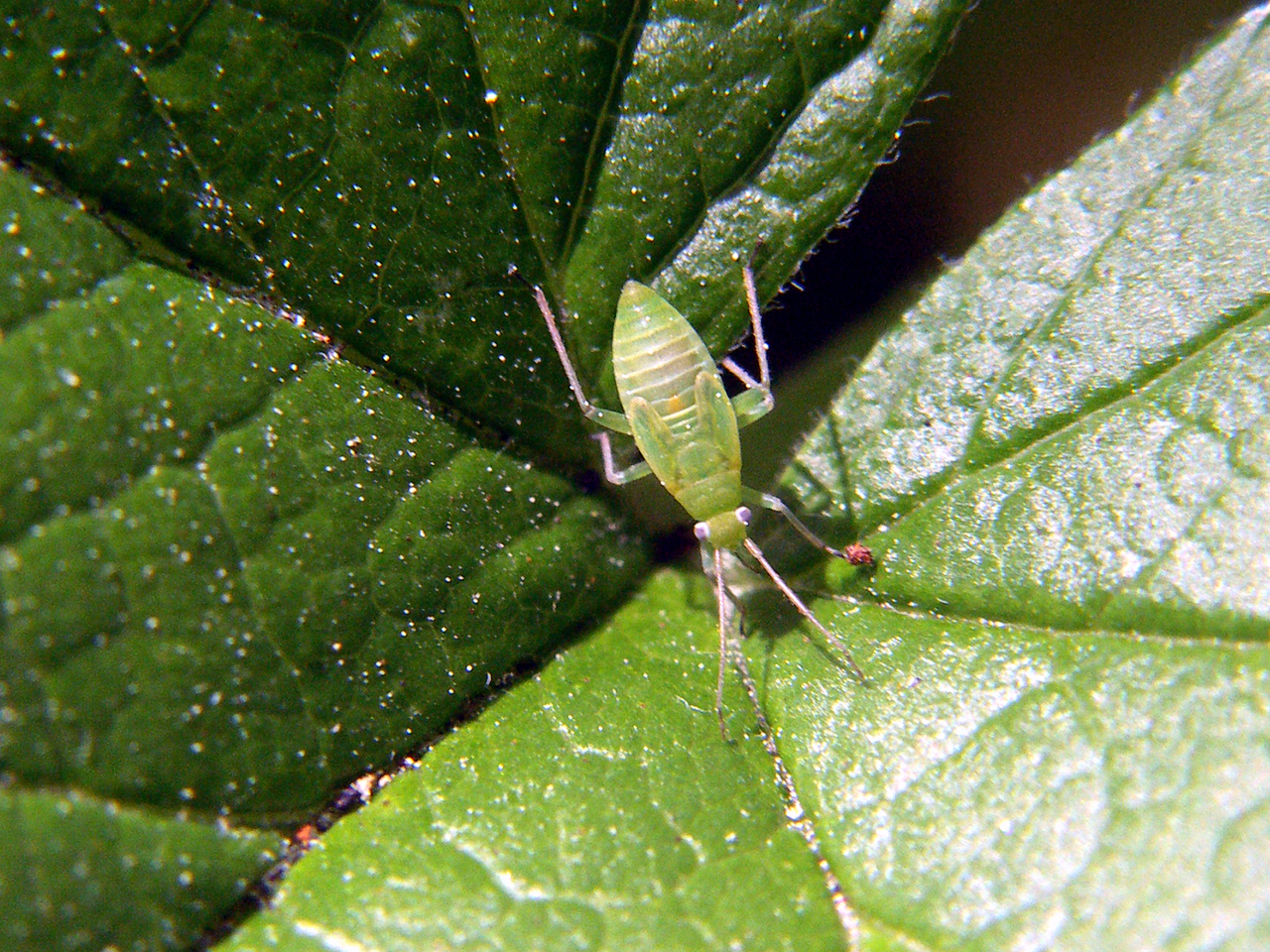
Get rid of bugs on your plants
Potted plants are perfect for decorating your garden and home. They do require some regular care and there are a number of bugs that can put the health of your plants at risk. If bugs are left unchecked, your plants could eventually die. It’s also important to note that different bugs are attracted to different plants and they are also repelled by different scents and substances.
Flies and gnats generally do not pose much of a risk but their larvae love snacking on the roots of your plants. Once the roots begin to deteriorate, the plant will naturally perish and there’s no going back. An acephate spray will usually work well to keep flies away or you could set up your own fly trap near the plant if you want a more natural solution.
Nematodes are tiny worms that live in the leaves and roots of plants. They are so small that you can’t usually spot them. In most cases, the infestation is only evident when it’s too late. In this case, prevention is the best approach. To prevent an infestation among your houseplants or in your garden, it’s best to keep new plants separate until you are sure that they are not playing host to nematodes. It’s also important to wash your hands when handling different plants to prevent spreading disease or allowing bugs to make their way to other plants. You can also add substances to the soil that include humic acids or seaweed. This helps keep these worms away.
Lice and mealy bugs are small but they can cause a significant amount of damage and they tend to multiply at an extremely rapid rate. These types of infestations are not preventable but they can be treated in a number of ways. If you notice the infestation at an early stage, you can use a cotton swabs to clean them off or, if there are too many, you can use a solution with acephate. Other non-toxic insecticides are also effective provided you follow the instructions.
Cockroaches are also some of the most undesirable guests but you can get rid of them easily by using appropriate pesticides and roach traps. Be sure to check and replace the traps regularly even if the problem seems to have been resolved. There might be eggs or baby roaches that you’re not aware of and, in time they will grow and mature.
Remember, if you are not sure what type of bug is affecting your plants, you can search online or ask your local nursary professional.
